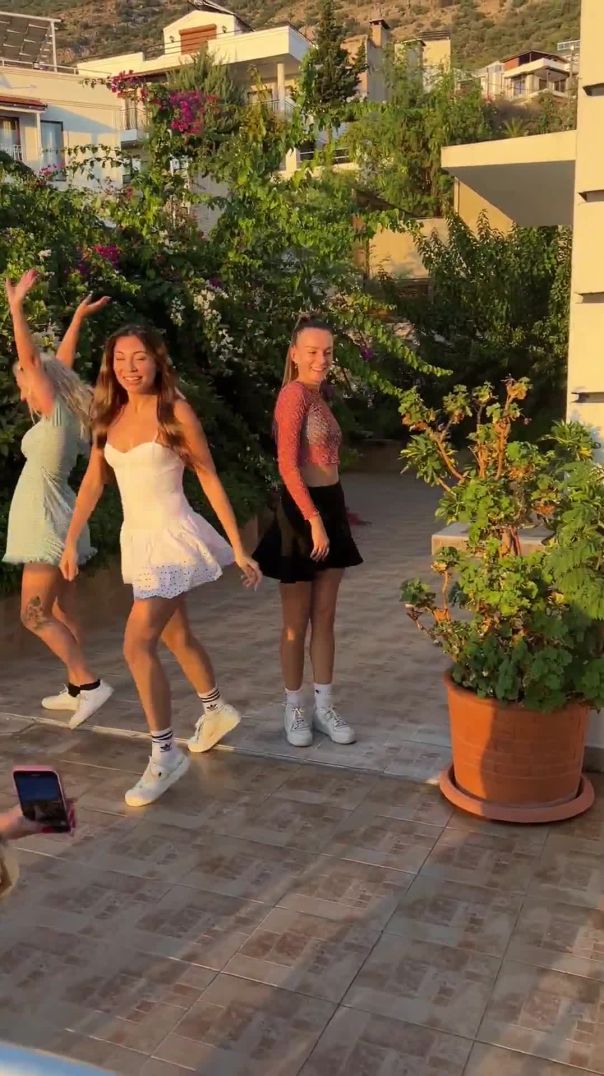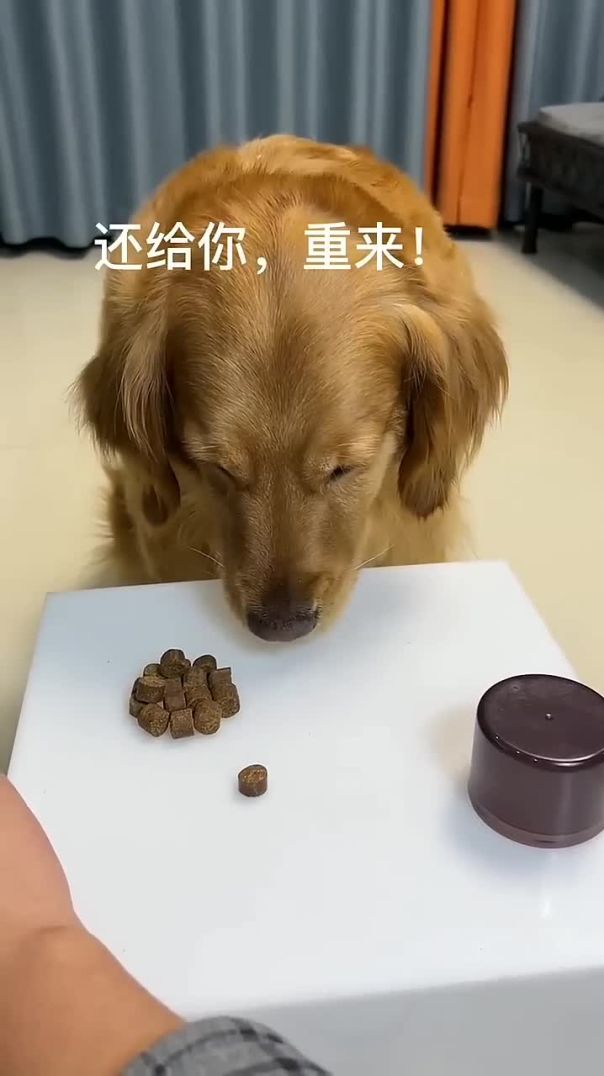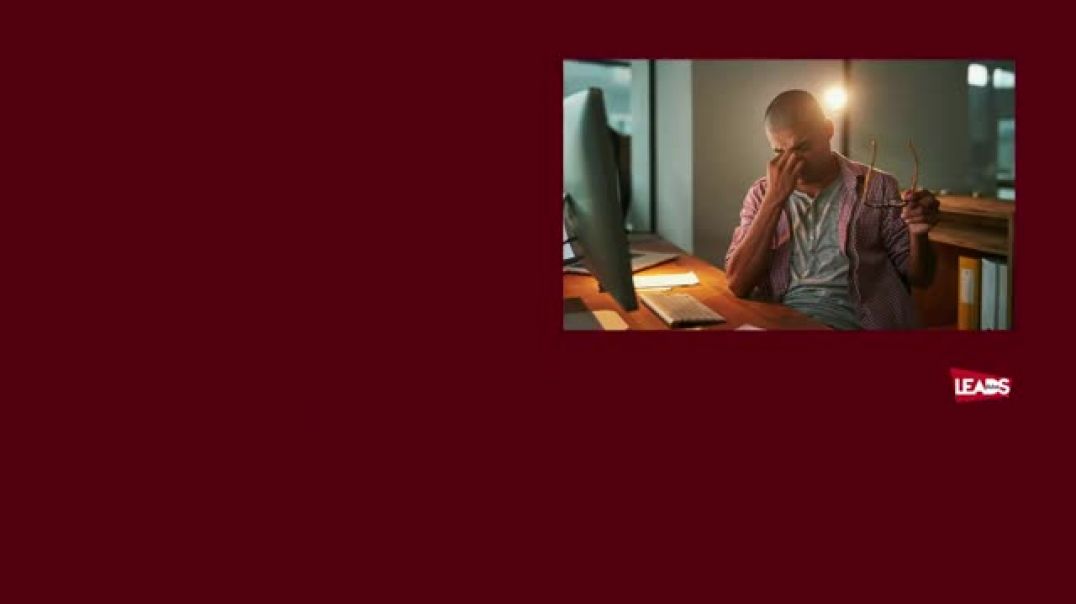1 Views· 12 November 2022
5 useful email expressions
Having trouble writing an email? In this video, I will teach you five useful email expressions that will help you to write better emails. I will also teach some email vocabulary such as forward, attachment, and cc, along with some ways to end emails. Is it okay to use cc as a verb? Watch this class and find out! And don't forget to take the quiz: https://www.engvid.com/5-useful-email-expressions/
TRANSCRIPT:
Hi. My name is Emma, and today we are going to look at some very useful email expressions. So we're going to look at five in total, and these email expressions can be used in formal email writing. So I've had a lot of students in the past tell me that they spend hours writing very simple, short emails. These expressions will help you to improve your email writing, and to write emails a lot quicker. So let's get started.
Okay, so our first expression, very common:
"Please find attached _________."
Okay? "Please find attached _________." So, what do I mean by "attached"? So, in this case, "attached" is a verb, but "an attachment", which is the same thing but in the noun form, is an added computer file. So it's a computer file we add to an email. So, what are some examples of attachments? Well: "Please find attached my resume." This may be an added computer file. "Please find attached photos from the conference." So it's a very simple phrase. It's very polite. Notice we have "please". "Please find attached _________." And then you just fill in the blank with the computer file you're adding to the email. Okay? So that's our first expression.
Now let's look at our second expression.
"I've forwarded _________ to you." Or alternatively, we can also say: "I'm forwarding _________ to you."
So, first of all, what do I mean by "forward"? Okay? Well, a forward... "Forwarding" is a verb, but it can also be a noun, as in "forward". So a "forward" is when you get an email and you decide you want to resend the email to someone else, so you forward it to them. So, again, it's when you want to resend an email and you send it to a different email address. So that's a forward. So what can I forward? Well, we've used resume already; we can use it again. "I've forwarded..." Maybe you're forwarding someone else's resume, so: "Bill's resume to you.", "I'm forwarding John's email." Maybe there was a good email he sent, so you want to forward it to someone else to you. So that covers forwarding. K, now let's look at some more expressions.
Okay, so expression number three:
"I've cc'd/cc'ed/copied _________"-and then you write the name of the person-"on this email."
So, what does this mean? Well, sometimes maybe you've written an email to someone, but you want someone else to see what you've written. So the email isn't directed to this person; you just want them to know what's going on, so you might cc them or copy them. Okay? So there are three different ways to write this. Remember, in business writing and in formal writing for emails, we really want emails to be short and to the point. We want them to be concise, so that's why you may see "cc'd", not as a word but just with an apostrophe "d", meaning the past participle. "Cc'ed" or "copied". All of these are correct to use. So I could say: "I've cc'd Umar on this email." Meaning the email goes to someone, but Umar can also see the email too. So the email isn't directed to Umar; he can just see it too. So why might we cc someone? Well, to keep a person, so someone, in the loop. So this is another common expression you may hear. When you keep someone in the loop, it means you want them to know what is going on, so you keep them in the loop. Meaning now they know what is happening. Okay?
Expression number four:
"If you have any questions, please don't hesitate to contact me."
So, first of all, what does "hesitate" mean? This might be a word you don't know. It means to wait. So, this can also sound like: "If you have any questions, please don't wait to contact me." "Hesitate" is, of course, more formal and it's the one that is commonly used. So this is a great way to actually end an email. Towards the end, before you say: "Sincerely", or: "Kind regards, Vanessa", or: "Emma", or: "Umar", or: "John", this is a good thing to write before the very end of the email.



























0 Comments